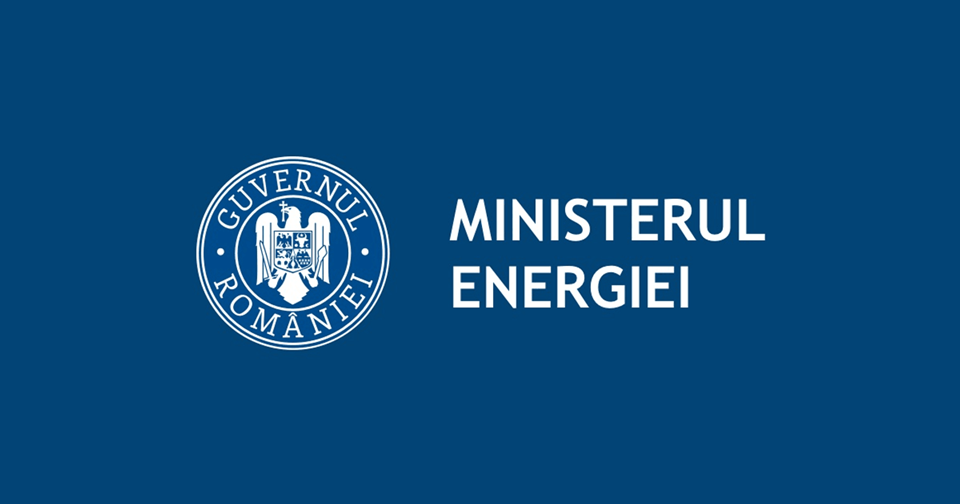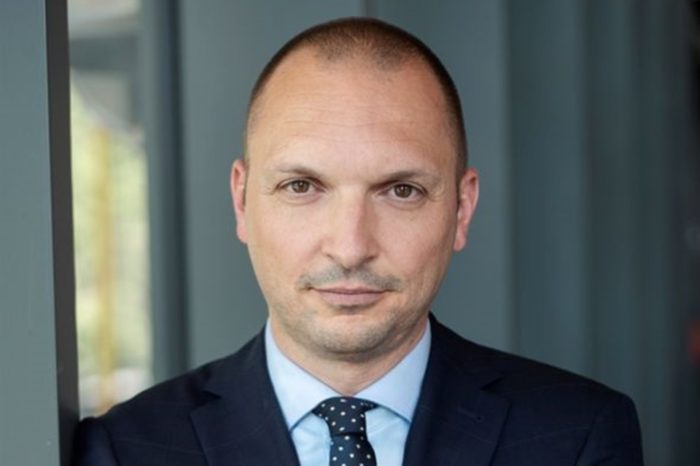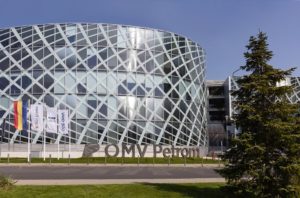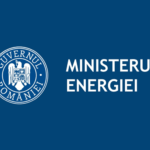Honorary Council for Energy: The Ministry of Energy should not be merged with the Ministry of Economy

The Ministry of Energy should not be merged with the Ministry of Economy (in the next Government); on the contrary, the Ministry of Energy should be strengthened by acquiring energy transition and climate change mitigation responsibilities, according to the Honorary Council for Energy.
An open letter from the Honorary Council for Energy states: “ The undersigned members of the Honorary Council for Energy, appointed by Order of the Minister of Energy, react with concern to the information in the public space about the merger of the Ministry of Energy with the Ministry of Economy. We consider the proposal to be inappropriate for the following reasons:
– The Ministry of Energy has become a key institution in Romania’s economic development.
In the current economic and geopolitical context, the ministry has a crucial role in maintaining energy security in the volatile regional landscape. Energy security is a fundamental dimension of national security.
– The Ministry of Energy has committed the most significant European funds as the managing authority, projects whose continuity may be threatened by unnecessary and prolonged administrative complications caused by the merger.
– Direct negotiations with European institutions require the maintenance of an authority with already formed and recognized competences.
– A merger in the current conditions of political uncertainty will affect the smooth running of the institution in the middle of winter, given that the ministry is the main shareholder of companies critical to the functioning of the national energy system and to ensuring the basic needs of the population. The impact on the energy consumer is best managed by a dedicated authority.
Instead of being merged, this ministry should, on the contrary, be strengthened by acquiring responsibilities for energy transition and climate change mitigation. European practice shows that most Member States have national ministries for energy and climate change. A government with a pro-European agenda should take this practice into account.
Gheorghiță Agafiței
Daniel Apostol
Valeriu Binig
Corneliu Bodea
Mihnea Cătuți
Teodor Chirica
Dumitru Chisăliță
Claudiu Crețu
Mirela Dima
Cătălin Dragostin
Radu Dudău
Claudiu Floroaie
Liviu Floroaie
Cătălin Lungu
Ion Lungu
Florin Mârza
Mihai Moia
Corina Murafa
Teofil Mureșan
Dan Pantilie
Petru Rușeț
Aura Săbăduș
Cristian Șteț
Dragoș Tâlvescu
Silvia Vlăsceanu”















